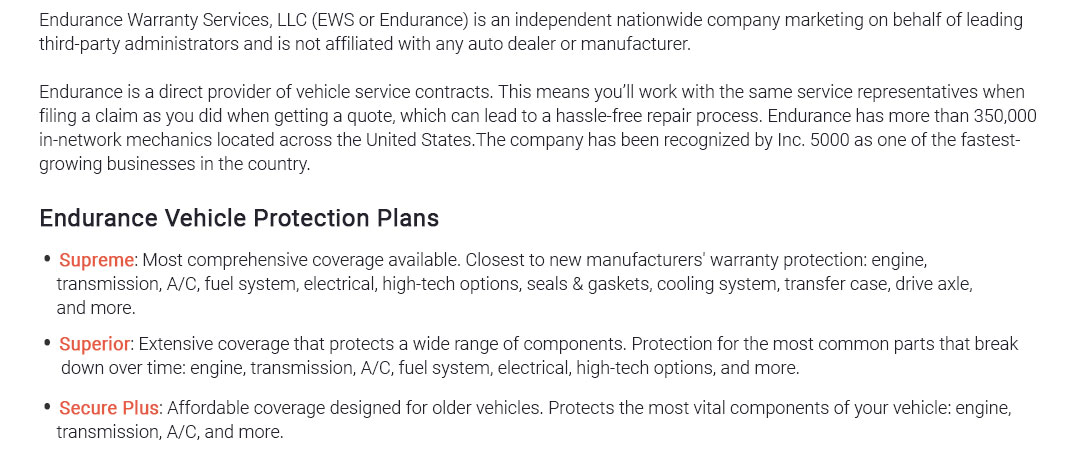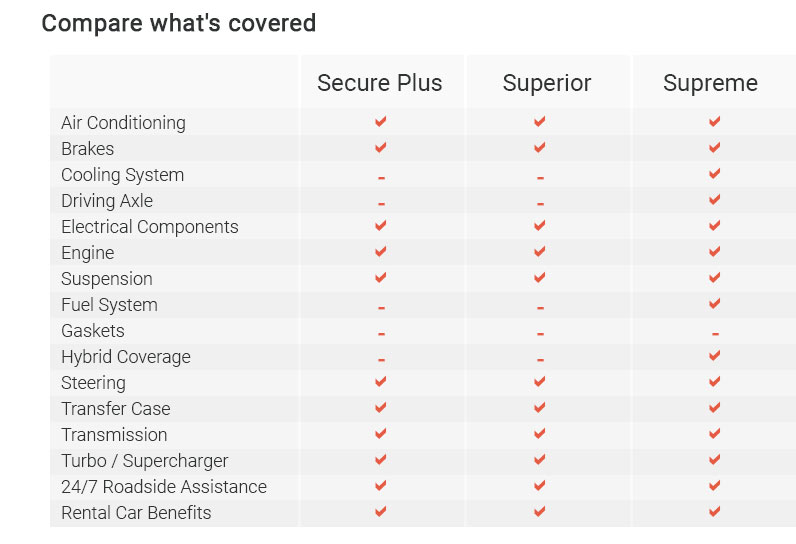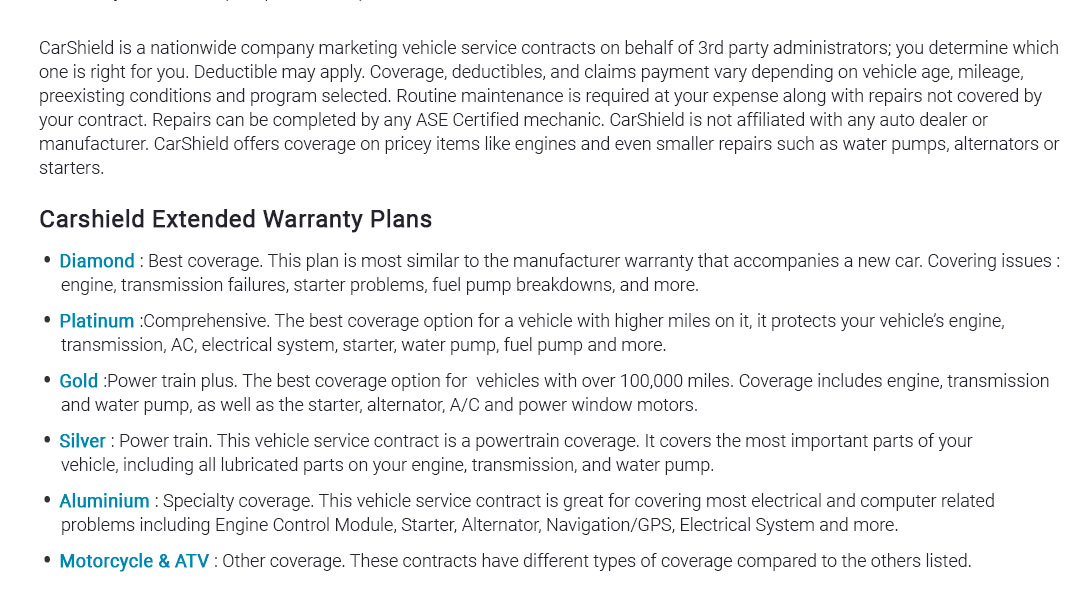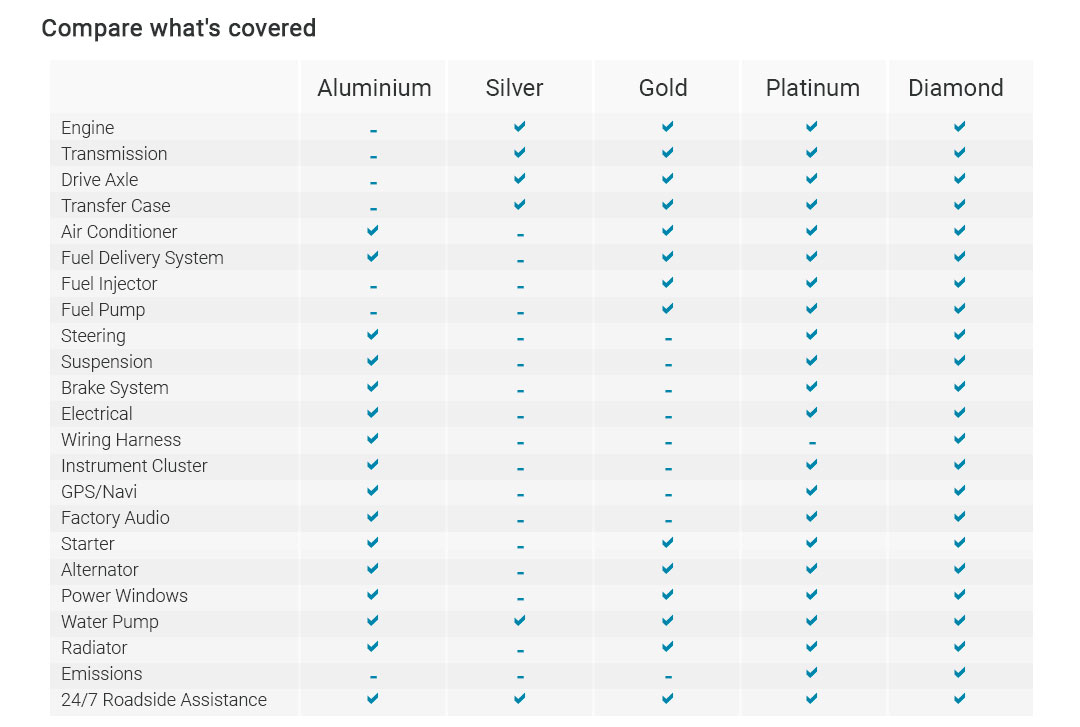 |
 |
 |
 |
 |
 |
 |
 |
 |
 |
|||
 |
 |
|||
 |
 |
|||
 |
 |
|
|||||||
 |
|||||||
 |
|||||||
 |
|||||||
 |
|||||||
|
|||||||
|
||||||
 |
||||||
 |
||||||
 |
||||||
|
 |
 |
 |
 |
 |
 |
 |
|||
 |
 |
|||
 |
 |
Understanding Auto Repair Warranty Service: A Comprehensive GuideAuto repair warranty service is a topic that often leaves vehicle owners scratching their heads, trying to decipher the fine print and understand what exactly they are entitled to when their beloved car faces unexpected issues. In the modern world, where vehicles are not just a luxury but a necessity, knowing the ins and outs of repair warranties can save both money and peace of mind. Let’s dive into the world of auto repair warranties, exploring what they cover, how they work, and what to expect when you find yourself at the crossroads of car trouble and repair. First and foremost, it’s crucial to understand the different types of warranties available. Factory warranties are typically offered by the car manufacturer and cover the vehicle for a specified period or mileage. These warranties are designed to ensure that any defects or issues that arise due to manufacturing errors are addressed without cost to the vehicle owner. On the other hand, we have extended warranties, which are often purchased separately, either from the car dealership or a third-party provider. These warranties extend coverage beyond the factory warranty, offering protection for various vehicle components and systems. One of the primary benefits of having an auto repair warranty is the financial security it provides. Car repairs can be exorbitantly expensive, especially if major components like the engine or transmission need attention. With a warranty in place, the cost of these repairs can be significantly reduced or even completely covered, allowing you to breathe a sigh of relief instead of watching your savings dwindle away. For instance, if your vehicle's transmission fails unexpectedly, and you have a comprehensive warranty, the repair could be covered in full, saving you thousands of dollars. When dealing with auto repair warranties, it's essential to be aware of the coverage limitations and exclusions. Many warranties do not cover routine maintenance, such as oil changes or tire rotations, which are considered the responsibility of the vehicle owner. Additionally, some warranties may exclude coverage for certain components deemed as wear-and-tear items, like brake pads or windshield wipers. Therefore, it’s imperative to thoroughly read and understand the terms and conditions of your warranty to avoid any unpleasant surprises when you take your car in for repairs. In the real world, not all repair warranty experiences are created equal. Some vehicle owners have shared stories of seamless repairs where the warranty covered everything without hassle, while others have encountered frustrating situations involving endless paperwork and arguments over what is covered. To ensure a smooth experience, it is advisable to maintain a good relationship with your dealership or warranty provider, keep detailed records of all vehicle maintenance and repairs, and always communicate promptly if an issue arises. These practices can help facilitate quicker and more efficient warranty claims. Moreover, opting for a reputable warranty provider is critical. With numerous options available in the market, selecting a provider with a track record of excellent customer service and fair claim settlements can make all the difference. Reading reviews, seeking recommendations, and comparing different plans can provide valuable insights into which providers are trustworthy and reliable.
In conclusion, an auto repair warranty can be an invaluable asset, offering protection and peace of mind in the event of unforeseen vehicle issues. However, understanding the terms, maintaining records, and choosing a reputable provider are key to maximizing the benefits of your warranty. While the process can sometimes be complex and require patience, the potential savings and security make it a worthwhile consideration for any vehicle owner. In the ever-evolving landscape of automotive ownership, being informed and prepared can make all the difference in ensuring your vehicle remains a reliable and efficient mode of transportation. https://www.firestonecompleteautocare.com/maintain/service-warranty-options/
LIMITED NATIONWIDE SERVICE WARRANTY ; Installation of parts and accessories purchased through Firestone Off-Road Shop program, None, 12 Months / 12,000 Miles (4) ... https://carlsbadautoservice.com/
Getting your vehicle repaired shouldn't be intimidating, which is why we offer our extensive 3-Year/36,000 Mile warranty! Enjoy the security of knowing you're ... https://www.cbac.com/our-services/extended-warranty-service/
At Christian Brothers Automotive, we work with extended warranty providers to quickly remedy automotive problems. Call our proven car repair experts to ...
|
















